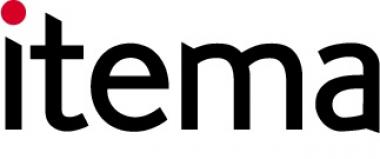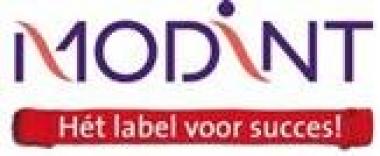2019 State of the U.S. Textile Industry Address
Outgoing 2018-19 National Council of Textile Organizations (NCTO) Chairman Marty Moran delivered the trade association’s 2019 State of the U.S. Textile Industry overview at NCTO’s 16th Annual Meeting on March 21st at the Capital Hilton in Washington, DC.
Mr. Moran’s speech outlined (1) U.S. textile supply chain economic, employment and trade data, (2) the 2019 policy priorities of domestic textile manufacturers, and (3) other NCTO activities.
A link to his remarks as prepared for delivery are included in this press statement along with a link to a data infographic prepared by NCTO illustrating the current economic status of the U.S. textile industry.
Mr. Moran is CEO of Buhler Quality Yarns, Corp., a fine-count yarn supplier headquartered in Jefferson, Georgia with plants and/or offices in America, Europe, the Middle East and Asia.
NCTO is a Washington, DC-based trade association that represents domestic textile manufacturers.
- U.S. employment in the textile supply chain was 594,147 in 2018.
- The value of shipments for U.S. textiles and apparel was $76.8 billion in 2018.
- U.S. exports of fiber, textiles and apparel were $30.1 billion in 2018.
- Capital expenditures for textile and apparel production totaled $2.0 billion in 2017, the last year for which data is available.
NCTO
NCTO











